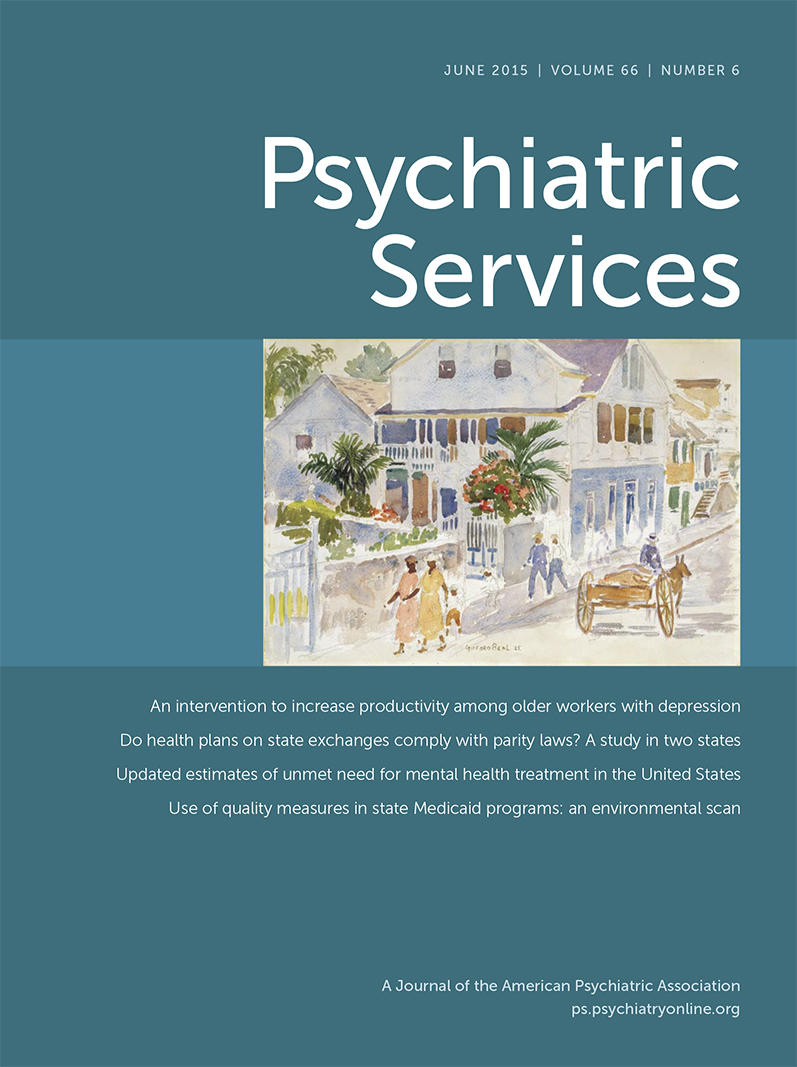Using Distance Technologies to Facilitate a Learning Collaborative to Implement Stagewise Treatment
Abstract
Objective:
This report describes experiences and outcomes of an online learning collaborative focused on implementation of stagewise treatment.
Methods:
Eleven participating programs convened online monthly for a year. Between meetings, program staff created an implementation plan and programs collected performance indicator data, including assessment of staff knowledge of integrated treatment for people with co-occurring disorders, whether a person’s current stage of treatment was documented in his or her chart, and whether the treatments were appropriate for the stage of treatment. Descriptive statistics were used to characterize performance indicators and feedback. Wilcoxon matched-pairs signed-rank tests examined changes in performance indicators over time.
Results:
Program staff generally demonstrated significant improvements in performance indicators over time and rated the distance learning collaborative favorably.
Conclusions:
Distance learning collaboratives can be structured to provide opportunities for program staff to interact and learn from one another and to implement and sustain changes.



